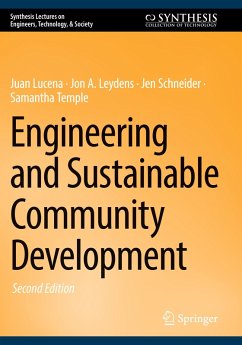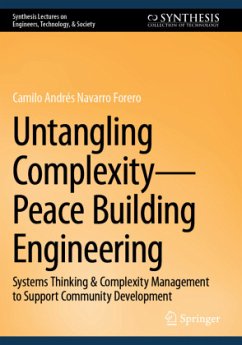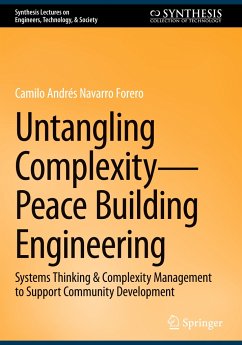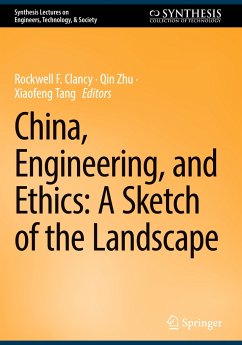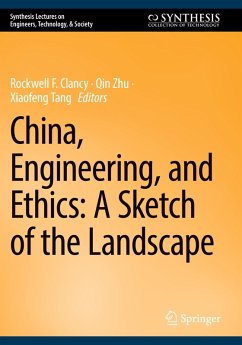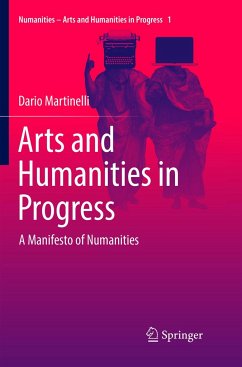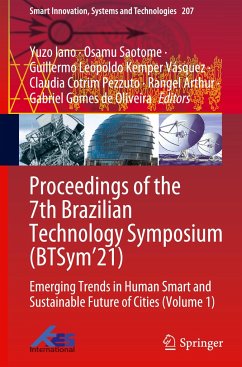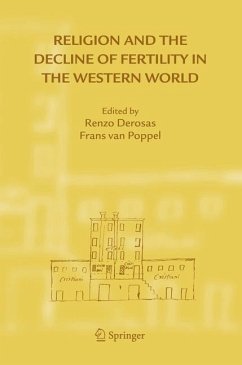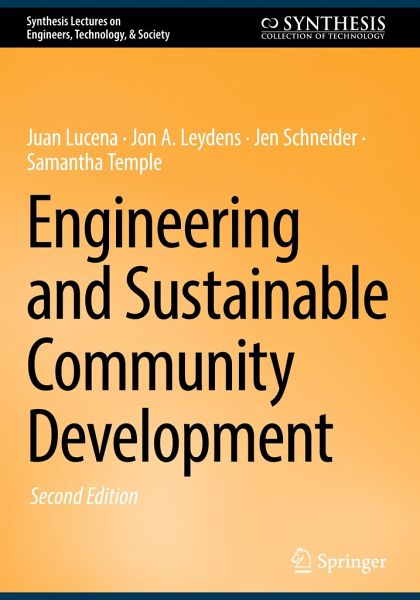
Engineering and Sustainable Community Development
Versandkostenfrei!
Versandfertig in 6-10 Tagen
34,99 €
inkl. MwSt.
Weitere Ausgaben:

PAYBACK Punkte
17 °P sammeln!
This book presents an overview of engineering as it relates to humanitarian engineering, service-learning engineering, peace engineering, or engineering for community-led development, programs that are often grouped under Engineering for Good or Engineering for Change. By placing "community" at the center of these endeavors, this book invites readers and practitioners to strive for sustainable community development (SCD). This 2nd edition is centered on new concepts of community-led development and includes topics on the history of engineers and development, the problems of using industry-base...
This book presents an overview of engineering as it relates to humanitarian engineering, service-learning engineering, peace engineering, or engineering for community-led development, programs that are often grouped under Engineering for Good or Engineering for Change. By placing "community" at the center of these endeavors, this book invites readers and practitioners to strive for sustainable community development (SCD). This 2nd edition is centered on new concepts of community-led development and includes topics on the history of engineers and development, the problems of using industry-based practices when designing for communities, how engineers can prepare to work with communities, and listening in community development. Two case studies are provided to highlight the book's concepts using first-hand experiences of engineers engaged with communities-one of engineers developing a windmill for a community in India, and a second of an engineer mapping communities inHonduras for improved water management. The book concludes with student perspectives and experiences from a curricular model focused on engineering for sustainable community development. Overall, the text invites engineers to reflect and prepare themselves for global careers that involve international development in both the for-profit and non-profit sectors. This 2nd edition places community-led practices at the heart of these endeavors.
The book is for engineering faculty, students and practicing engineers, involved in current or future community collaborations. The authors wrote this book with a goal to help readers critically reflect on their own practices and perceptions. Readers learn to question past, current, and future frameworks in the project of development, and are encouraged to adopt practices of community-led development.
This 2nd edition is aimed at engineering students who, as future global engineers, are faced with opportunities and challenges when working with communities. As funding for renewable energy, "green jobs," and community-based initiatives continue to increase, engineers will need to rely on the social and historical concepts presented in this book.
The book is for engineering faculty, students and practicing engineers, involved in current or future community collaborations. The authors wrote this book with a goal to help readers critically reflect on their own practices and perceptions. Readers learn to question past, current, and future frameworks in the project of development, and are encouraged to adopt practices of community-led development.
This 2nd edition is aimed at engineering students who, as future global engineers, are faced with opportunities and challenges when working with communities. As funding for renewable energy, "green jobs," and community-based initiatives continue to increase, engineers will need to rely on the social and historical concepts presented in this book.



